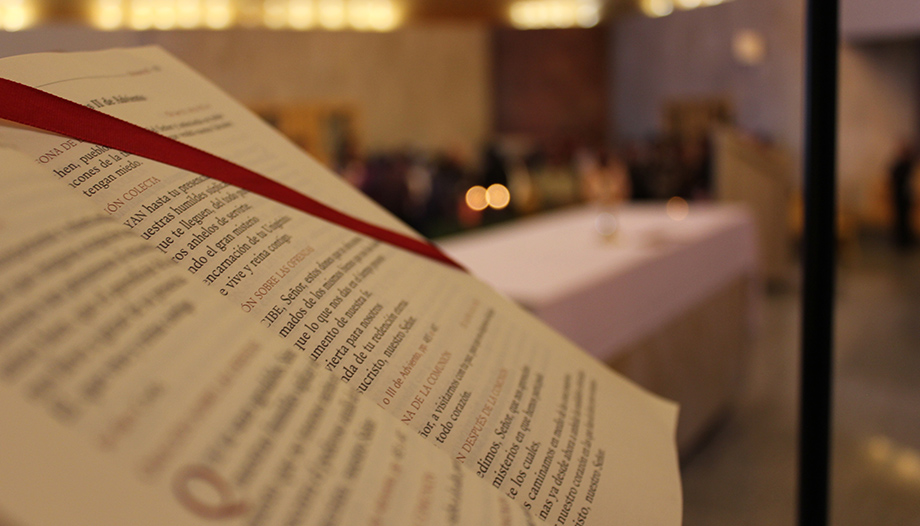The parable of the wise and foolish virgins is one of Our Lord's most dramatic parables and speaks to us of one of the most important themes: our entrance or exclusion from heaven.
The Church offers us this parable today, contextualizing it through the first reading, from the book of Wisdom, which extols the greatness of wisdom, and the second reading, in which St. Paul speaks of the second coming of Christ and of those who will rise to a new life with him.
Wisdom is not highly valued in contemporary society - we are more concerned with our appearance, or our influence, or our social position - but it was highly valued in ancient times and there are several Old Testament books about it. By linking a reading on wisdom to the parable of the wise and foolish virgins, the Church teaches us that true wisdom is that which leads us to heaven.
Wise decisions are those that will lead us to eternal life with God. Therefore, whenever we have to make a decision, it is good for us to ask ourselves: will this way of acting lead me to Heaven? If the answer is "yes", we should do it. If the answer is "no", we should not do it.
The parable is very rich and has its roots in the wedding customs of Jesus' time, when young unmarried women went out to meet the bridegroom in the evening to accompany him with lighted lamps to the bride's house. They thus went as representatives of the bride and were "virgins" and therefore supposed to be chaste.
It is frightening to think that chaste members of the Church, which is the bride of Christ, could also be excluded from heaven. One can live a form of chastity but let the oil of one's soul run out. What is this extra oil? Numerous Church Fathers and spiritual writers have given their interpretation. It may be charity, humility or the grace of God. It is probably all of these.
It speaks to us of that spiritual reserve of our soul that allows us to persevere when God seems to disappear from our life, when we fall into the darkness of sleep (which, as Jesus teaches in this parable, happens to all of us).
There is always a certain darkness in the Christian life and we can feel the apparent absence of God with greater or lesser intensity at different times in our lives.
There may be moments of darkness, when we seem to sleep, in a marriage or in a celibate vocation, but then the oil is the good habits of prayer, struggle and commitment that we have built and continue to live.
The foolish virgins were foolish because they lived only for the thrill of the procession, for the fun of the moment. Wisdom arises from a heart that loves and realizes that love is more than emotion.
Love is a persevering quest that remains faithful and even grows in moments of darkness, seemingly dull, like oil, but with a flame burning.
Homily on the readings of the 32nd Sunday in Ordinary Time (A)
The priest Luis Herrera Campo offers its nanomiliaA short one-minute reflection for these Sunday readings.







